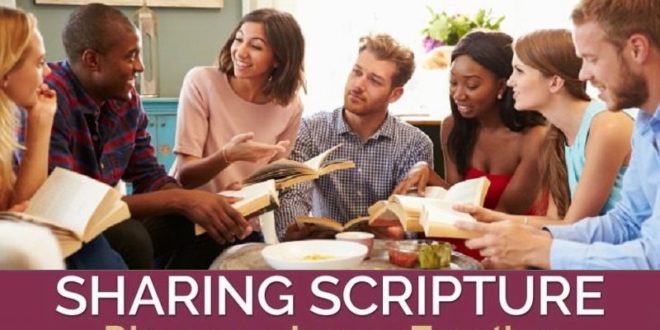God’s Love of Justice
Maya Moore and Jonathan Irons are an unlikely couple, but their marriage is a testimony to the power of faith in Jesus Christ. Maya, a WNBA superstar, left at the top of her game to pursue justice reform. Jonathan was an inmate in Missouri, wrongly convicted at the age of 16 of breaking into a home and shooting the homeowner. They are now advocates for criminal justice reform, and they tell their story in their book, “Love & Justice.”
Jonathan experienced racial inequalities, both through growing up in poverty and in the justice system.
“I was treated different than other kids,” he recalls. “I went to a friend’s house and they had a toilet. I’m like, man, what is that? They were like ‘oh that’s a toilet. That’s where we use the bathroom.’ I’m used to a five-gallon bucket and bathing in a tin tub.”
In prison he saw that “we’re the minority here [in America], but there are more black people that are in prison than there are any other race.”
With that perspective, he began working on justice system reform from the inside.
Meanwhile, Maya chipped away from the outside, and continues to do so.
“I had a measure of privilege,” she shares, “and I tried to use that to say ‘hey, I’m no better than you. We’re both humans, you deserve to be treated like a human.’”
Maya’s philosophy is that all people must work together to achieve equality, a concept she explains with an illustration of an inherited house.
“We’re all living in this house,” she reflects. “And we look at the house and there’s mold over here. There’s broken windows over here and we say, ‘we didn’t break that window. I’m not responsible for the mold over there.’ But this is the house that we’ve been given. And so, it’s our responsibility to fix it as much as we can as best as we can. We have to look at people as people first and foremost.”
To do this, Maya says, Jesus “required me to give some stuff up; some of my comforts, my status (as a basketball star) in order to be the hands and feet of Jesus and show up and do the hard things and get educated, humble myself, (and) learn from people.”
Jonathan, remembering his darkest moments, encourages others. “Don’t forget that God loves you. And God got your back. All you got to do is seek a relationship with Him. I promise you. You won’t regret it.”
He knows from experience that love and justice can go hand in hand, because “I was one of the least of these.”
It’s easy for us to look at God and see one of two different extremes: God is either love, or justice. In fact, to say that God loves justice can be frightening for some because we often feel like we deserve punishment, but not mercy. How can God love justice, and us, at the same time?
That perfect blend of love and justice—while a worthy goal—is humanly impossible; we will tend toward one or the other. God, however, is divinely able to pull it off. Psalm 9:8 says that God “rules the world in righteousness and judges the peoples with equity.”
When God says in Isaiah 61:8, “I, the Lord, love justice; I hate robbery and wrongdoing,” we can either take the perspective of the robber, or the victim. If you are the robber, well, a bit of divine justice—tempered with mercy—could bring you back into God’s fold. When you are the victim of wrongdoing, or, as in Jonathan’s case, injustice, it’s refreshing to know that our God provides righteous judgment.
In the final accounting, God reconciles the balance sheet of love and justice and ultimately makes everything right.
For Reflection
Connecting: What do you do when you come home from a shopping trip and discover you’ve been overcharged for an item? Do you just let it go and chalk it up to experience? Or do you get right back in your car and head to the store for your refund? Does the amount of the overcharge make a difference?
Sharing: Jeremiah 9:24 states that God delights in “kindness, justice and righteousness.” How do kindness and justice relate to each other?
- Kindness without justice is immoral
- Justice without kindness is cruel
- A true, kind friend will point out our wrongdoing so we can correct it
- Justice can be administered with kindness, but if the recipient doesn’t experience a heart change, it’s ultimately meaningless
- If we’re going to err, it’s better to err on the side of mercy
- Other:
Applying: What is the best way you—or your study group—can combat injustice? Social media posts? Public protests? Letter writing campaigns? Brainstorm some practical ways you can personally make a difference for someone else.
Valuing: Do you love justice? Is your concept of justice tainted by the way you’ve seen justice administered by human authorities? Take time this week to reflect on God’s love of justice, and what God’s justice really looks like.
~ Chuck Burkeen
The Center for Creative Ministry is fully recognized by the North American Division (NAD) of the Seventh-day Adventist Church; it is also a 501c3 nonprofit organization which makes donations tax deductible in the U.S.
 Center for Creative Ministry A research organization and research center for Seventh-day Adventist pastors and their congregations
Center for Creative Ministry A research organization and research center for Seventh-day Adventist pastors and their congregations

